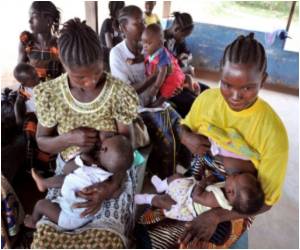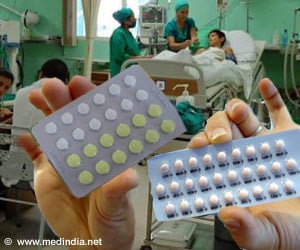Including water and sanitation in local and national programs would reduce infections, improve treatment, and reduce the discrimination and stigma.

Including water and sanitation in local and national programs would reduce infections, improve treatment, and reduce the discrimination and stigma that people disfigured by diseases often face, the WHO said.
"Those terrible diseases require hygiene and sanitation and we hope that this contribution will add to our argument that access to safe water and sanitation is one of the most important determinants of our health," Neira said at the launch of the initiative at a global water conference in Stockholm.
Neglected tropical diseases thrive where people live in extreme poverty with poor sanitation and little access to healthcare - usually in remote rural areas, urban slums or conflict zones.
"Water and sanitation require resources that exceed what WHO can generate for neglected tropical diseases, so we want to make sure that interventions both in public health and water and sanitation reach the poorest as a matter of priority," Dirk Engels, director of the Department of Neglected Tropical Diseases at the WHO, told the Thomson Reuters Foundation.
The new strategy was announced just weeks before a new set of development objectives - known as the Sustainable Development Goals - is due to be adopted at a U.N. summit in September.
Advertisement
WaterAid, an international charity which has been working with communities affected by neglected tropical diseases, gave the example of leprosy, saying that nearly 5,000 new cases are reported each year in Ethiopia.
Advertisement
The stigma associated with those diseases mean that people who have them may not be allowed to use the same washrooms as family members and may be unable to access water, because if they have a disability it is harder for them to carry water, Velleman said.
"It's not just about controlling a disease, it's making sure that the poorest of the poor and the most marginalized have access to these basic services," she said.
Source-Medindia








